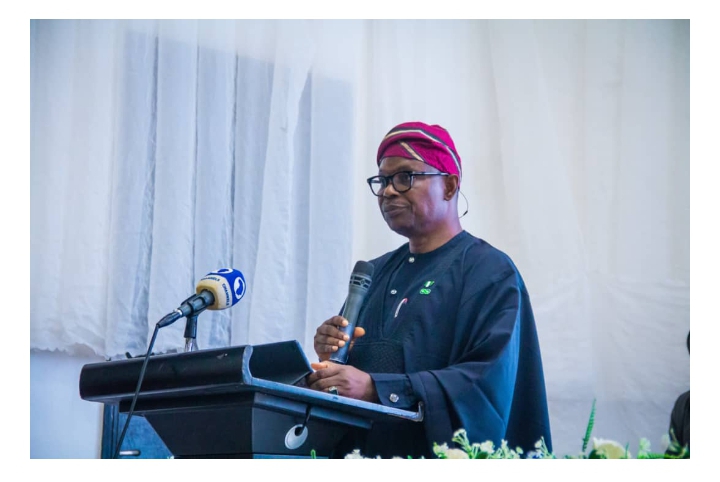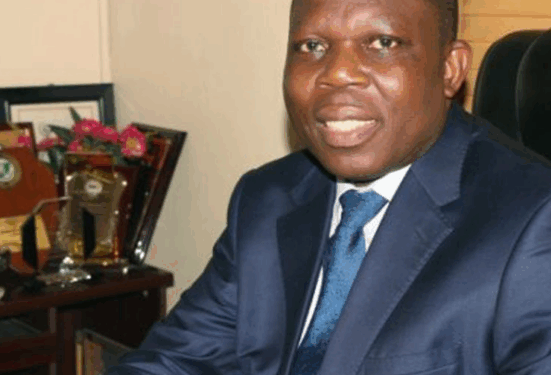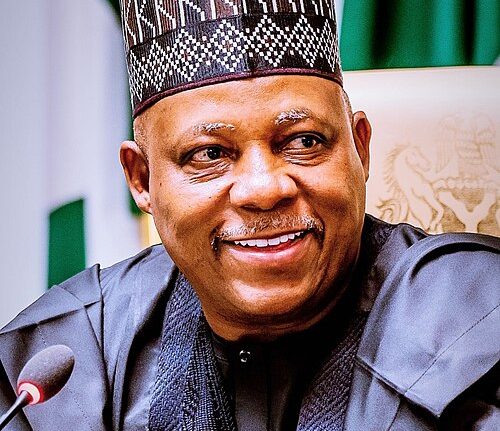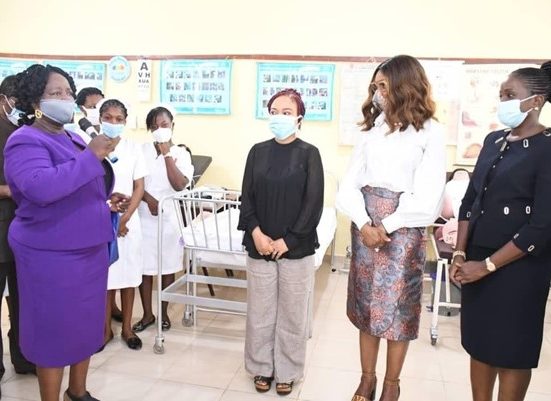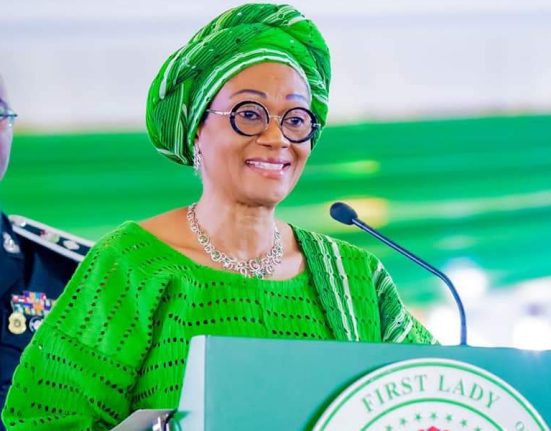Stakeholders in Nigeria’s health sector have reiterated the urgent need for robust policies that will empower private medical practice, emphasizing its central role in the nation’s healthcare delivery system. This call was made during the 47th International Conference and Annual General Meeting of the Association of Nigerian Private Medical Practitioners (ANPMP), which held in Abeokuta, the Ogun State capital.
In his opening address, the National President of ANPMP, Dr. Kay Adesola, stated that private healthcare providers remain the foundation of Nigeria’s healthcare system, accounting for over 70 percent of health services accessed by citizens. He called for deeper collaboration between government and private medical practitioners to enhance healthcare efficiency and fast-track the achievement of Universal Health Coverage (UHC) across the country.
Dr. Adesola stressed that without strategic support from all levels of government, the capacity of private hospitals to operate sustainably would be undermined. He identified key challenges confronting private health providers, including multiple taxation, exorbitant costs of medical equipment, and limited access to affordable funding. According to him, these issues pose a serious threat to the continued existence of many private health facilities.
The ANPMP president expressed deep concern over the worsening brain drain in the medical profession, popularly referred to as the “Japa syndrome.” He warned that unless the government steps in with concrete policy interventions, the shortage of medical professionals will further cripple an already strained healthcare system. “The World Health Organization recommends one doctor to 600 patients, but we currently have one doctor attending to over 10,000 patients in Nigeria. Meanwhile, the population is growing rapidly and our resources are not matching the pace,” he said.
Dr. Adesola affirmed the association’s continued efforts in advocating for policies that would protect and enhance private healthcare delivery in Nigeria. He also emphasized the need for a robust and inclusive healthcare financing framework, urging government at all tiers to significantly increase investment in health and ensure private sector involvement in insurance and other funding models.
In a related presentation, the National President of the Association of Medical Laboratory Scientists of Nigeria (AMLSN), Dr. Uche Odinonyenma, underscored the importance of teamwork among healthcare professionals. He noted that effective healthcare delivery relies on synergy among doctors, nurses, laboratory scientists, and other professionals. Odinonyenma called for the development of policies that would support the recruitment and retention of skilled medical personnel, while also advocating for improved investment in diagnostic infrastructure and laboratory equipment.
While commending the organisers for facilitating a vital conversation around private healthcare challenges, he insisted that greater governmental commitment was necessary to achieve quality care standards and to build a resilient health system.
Also addressing the gathering, Minister of State for Health and Social Welfare, Dr. Isiaq Salako, reaffirmed the federal government’s dedication to strengthening the health sector. He emphasized that the administration recognises the pivotal role health plays in national development and economic growth. Dr. Salako highlighted the need to boost local production of medical supplies, scale up local manufacturing of health equipment, and harness indigenous capacity within the sector.
According to the Minister, investment in health equates to investment in economic sustainability. He assured that ongoing reforms would extend beyond the current administration, creating a future-ready healthcare system anchored on insurance schemes and social protection structures.
In his welcome speech, Dr. Oluwakayode Oyelade, Chairman of ANPMP in Ogun State, noted that the conference served as a platform for medical professionals to exchange ideas, examine global best practices, and engage in knowledge sharing aimed at advancing the profession. He reaffirmed the association’s resolve to champion policy advocacy, embrace innovation, and continuously improve healthcare delivery in Nigeria.
The conference drew attendance from leading voices in the medical profession, policymakers, and key players in the healthcare industry, all of whom echoed a singular message: private medical practice must be supported and integrated meaningfully into the national health framework if Nigeria hopes to meet its development goals.

